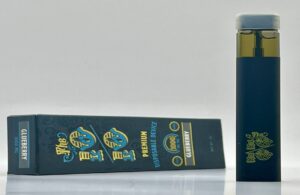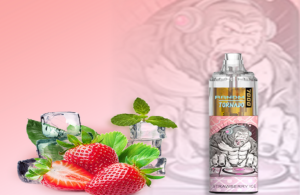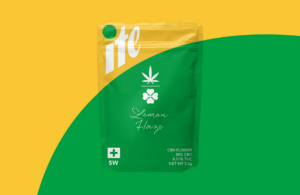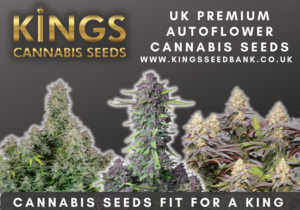The Science of CBD
3 min read
The media loves to say that CBD (cannabidiol) is “non-psychoactive.” The frequency with which this statement is repeated surges with the appeal of CBD. The majority of commentators that use the term “non-psychoactive” likely mean to say that CBD is “not intoxicating,” which is certainly real. But CBD is psychedelic.
A chemical is thought of as psychoactive when it acts primarily on the main nerve system and changes brain function, resulting in short-lived changes in assumption, state of mind, awareness, or behavior. `CBD does not have the invigorating impact of THC and does not result in noticeable cognitive changes or withdrawal results. CBD does, however, go across the blood-brain obstacle and it directly affects the main nerves with resulting adjustments in mood and perception. For those interested in how CBD works, right here is some standard biochemistry.
The Science of CBD
The endocannabinoid system (ECS) comprises different endocannabinoids − natural chemicals that bind to receptors throughout the central nervous system and peripheral nervous system. The ECS helps manage countless physiological and cognitive procedures in the body, such as hunger, pain, mood, and memory.
The cannabis plant has lots of cannabinoids that bind with ECS receptors. The two primary receptors for cannabinoids are called CB1 and CB2. The CB1 receptors are located primarily in the mind and central nervous system. They assist in managing synchronization, discomfort, state of mind, hunger, and particular other functions. CB2 receptors lie throughout the body and prevail in the immune system. They largely impact swelling and discomfort.
THC’s power of intoxication arises from its ability to mimic anandamide, a naturally occurring endocannabinoid that binds to CB1 receptors in the mind associated with improved mood. THC binds to anandamide’s CB1 receptor much more snugly than anandamide itself, which prevents the launch of other neurotransmitters. This results in an overstated mood reaction associated with feelings of euphoria.
CBD has a milder and a lot more modulating result on the receptors as compared to THC. It freely binds with CB1, which leads to mild stimulation or stopping of the receptor. CBD imitates a modulator that can enhance or lower the receptor’s capacity to beam, comparable to a dimmer button. It is thought that this inflection of brain activity might be the basis for CBD’s capability to decrease seizures and the signs related to mood disorders such as anxiety.
CBD regulates the CB1 receptor just in the presence of THC or one more cannabinoid that also binds to the receptor.
CBD Is Psychoactive
CBD is a mood-altering material. CBD does not result in bliss or intoxication, however, to state that it is “non-psychoactive” is technically incorrect and deceptive to the person or customer.
About us – Travel Website with guides for healthy wellness and Lifestyle. We offer amazing experiences and travel destinations. Our guides focus on all aspects of a well-rounded lifestyle with health and wellness as a focus to enjoying a full life. We share helpful products, including CBD, to share the benefits of adding CBD into a healthy CBD wellness and beauty routine.




